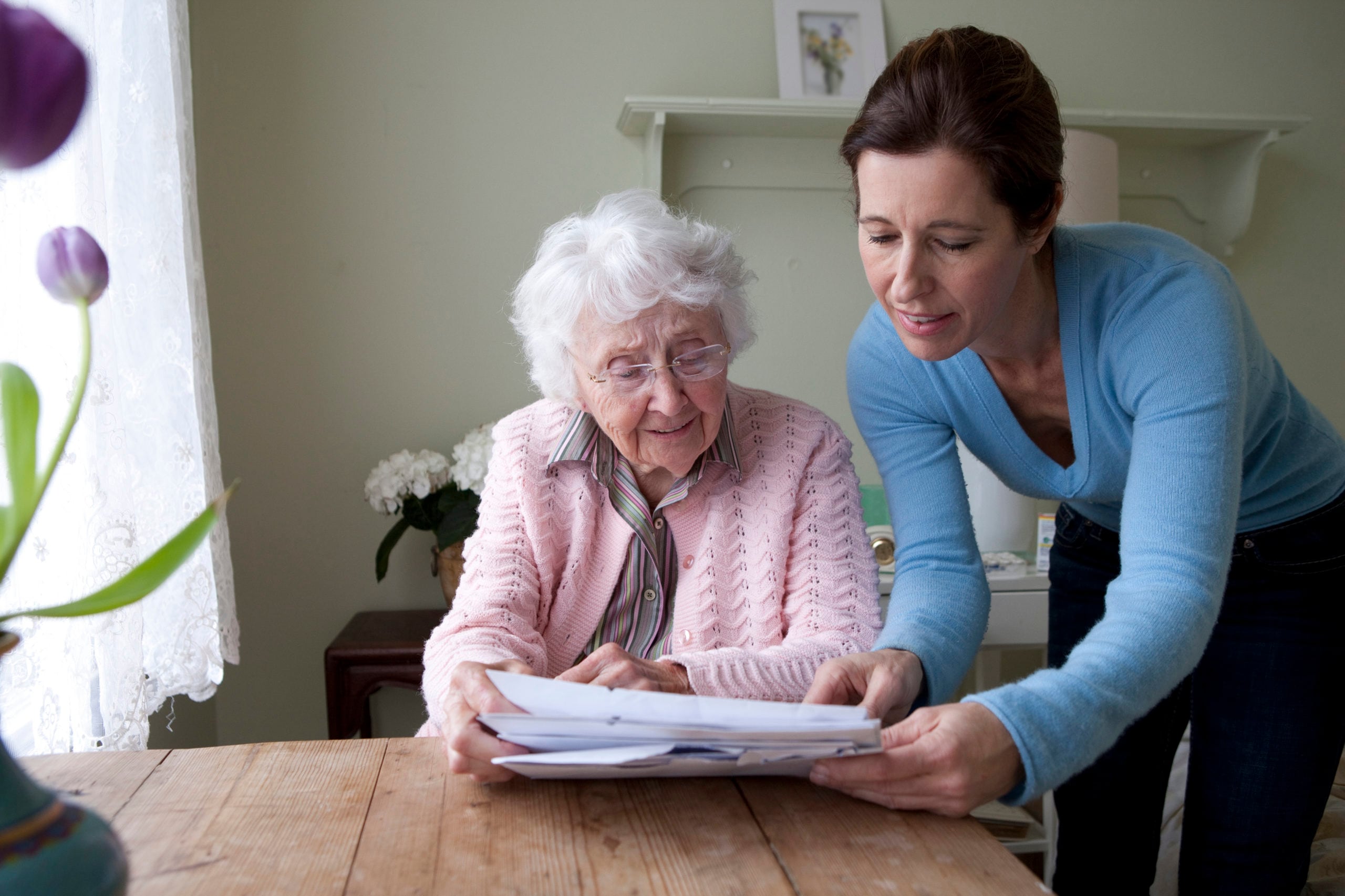Getting a Parkinson’s diagnosis for a family member is life changing. You might not know where to start or how to react, and it’s important to know that all of that is normal. “The diagnosis of Parkinson’s disease is not often an easy one for patients or other family members to accept,” says Dr. Aaron Ellenbogen, neurologist with the Michigan Institute for Neurological Disorders (MIND). “There may be a period of adjustment in accepting this diagnosis.”
But, there are a few things that you can do immediately to help both yourself and your family members. The first is to get informed, Dr. Hooman Azmi, director of the division of functional and restorative neurosurgery at Hackensack Meridian Health University Medical Center.
The next (equally important!) step is to look into Parkinson’s caregiver resources — because you can’t do this alone. “Start getting information from the right sources and be an advocate for yourself or your loved one,” adds Azmi.
From well-known foundations to Facebook groups, here are some of the best Parkinson’s resources for caregivers.
Parkinson’s disease foundations
Let’s start with some facts and figures. Approximately 60,000 Americans are diagnosed with Parkinson’s disease each year, according to the Parkinson’s Foundation. With that said, medications alone cost an average of $2,500 a year and therapeutic surgery can cost up to $100,000 per person. Parkinson’s resource organizations are a great place to start to gather information about Parkinson’s disease and learn how to navigate the system on everything from finding a care team to learning about the latest treatments. Here’s what you can find at each one.
Michael J. Fox Foundation
- Michael J. Fox is one of the most recognizable faces of Parkinson’s disease. He was diagnosed in 1991 while shooting the movie “Doc Hollywood.” Since then he’s been a major advocate and donor for those suffering from the disease. To date, his foundation has helped millions of people and raised even more.
- If you are interested in clinical trials, you can sign up to see if you qualify.
- Check out the Parkinson’s disease glossary for education of frequently used words and phrases.
- Review a step-by-step guide on how to build a care team.
- Search an online library featuring webinars and podcasts on related topics.
- Check out an essential reading book list.
- Download a guide for those who are newly diagnosed.
- Learn how to be an advocate by participating in fundraisers.
Parkinson’s Movement and Disorder Alliance
- Get help in finding online and in-person support groups.
- Learn about different treatment options and financial costs.
- Learn how to apply for and get financial assistance.
- If you are dealing with early onset Parkinson’s (before the age of 50), they have lots of resources on this topic.
- Check out the blog with firsthand accounts from those dealing with Parkinson’s.
Localized Parkinson’s caregiver resources and support
Once you form a good base of Parkinson’s-related knowledge, you can then start to look at the resources you have in your own backyard — doctors, therapists, in-home care and more.
“Understanding long-term care and Medicare and getting the appropriate care provider (a person who would bathe, change and shave my father) was an education,” says Barbara, of New York City, New York, whose father was diagnosed in his 60s. “I’m grateful I was able to take this on for my mom. It was exceedingly confusing for me! I couldn’t imagine an 80-year-old sifting through all the info on their own.”
Here are a few Parkinson’s resources for more localized support.
Parkinson’s Foundation
- The Parkinson’s Foundation, established in 1957, is one of the longest running organizations dedicated to the disease.
- Find out about the different kinds of care available to you: therapies, doctors, in-home care, long-term care and more.
- The easy-to-use locator map can help you find your local Parkinson’s Foundation chapters and resources close to home.
- The comprehensive budgeting tool will help you keep track of expenses and give you a good run down of legal, financial and insurance matters.
American Parkinson’s Disease Association
- Learn about disability benefits and what is available to you based on your location.
- Watch educational videos through their online library.
- Read up on resources available at little-to-no cost for veterans
- Navigate by state for lists of providers and local resources.
- Download their app to track symptoms and progress.
Online Parkinson’s caregiver support groups and forums
Watching a loved one go through a debilitating disease is not easy and getting care for yourself is just as important as getting care for them.
“My father was a vibrant man who loved working with his hands and doing little projects around the house,” says Maria Alfano, who started the Silver Diaries blog. “After that fateful day, his demeanor changed. He was no longer happy-go-lucky. A dark depression was creeping in. He could no longer use his hands the way he used to, and it was killing him inside.”
Online support groups and message boards are a great way to get support and connect with others who are dealing with similar experiences.
Patients Like Me
- A network for patients/partners dealing with complex health conditions, like Parkinson’s.
- Engage in group discussions on a variety of topics.
- Read through message boards.
- Read up on how treatments are working for other patients.
- Find a wider variety of uplifting articles.
Facebook Groups for Parkinson’s community
- Join one of the many Facebook groups, like the Life With Parkinson’s group, for those with Parkinson’s and their caregivers. Find one that is right for you with a simple search.
- Engage in conversations, ask questions and share resources.
- Find those in your area if you’re interested in online and in-person meetups.
Neurotalk
- A network of online support groups for those with or those caring for people with neurological disorders, including Parkinson’s disease.
- Discussions are organized by topic, and easy to navigate.
- You can read all posts without creating a profile, but if you want to join in or ask questions of your own, you will need to do so.





